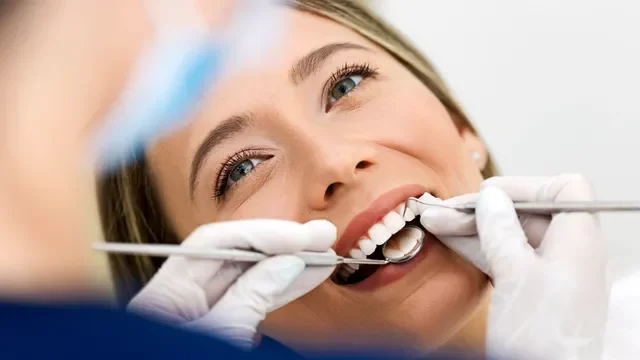
How Long Does Dental Bonding Last? Understanding Its Durability
- What is Dental Bonding?
- How Long Does Dental Bonding Last?
- Factors Affecting Dental Bonding Longevity
- How to Care for Dental Bonding
- When to Replace Dental Bonding
What is Dental Bonding?
Dental bonding is a cosmetic dental procedure in which a tooth-colored resin is applied to teeth to improve their appearance. It can address issues such as discoloration, chips, cracks, or even gaps between teeth. The resin material is shaped to match the natural contours of your teeth, providing a seamless, aesthetic result. Unlike crowns or veneers, dental bonding is a less invasive option, making it a popular choice for many patients looking for an affordable way to enhance their smile.
How Long Does Dental Bonding Last?
Dental bonding typically lasts between 3 to 10 years, depending on various factors. While it is not as durable as other cosmetic dental treatments like crowns or veneers, it provides a more affordable solution with a relatively long lifespan. The longevity of dental bonding can vary based on several considerations, including the material used, the location of the bonding, and your personal oral care habits.
Generally, bonding on the front teeth, where there is less wear and tear, can last closer to the 10-year mark. Bonding on back teeth, where the material is subjected to more pressure from chewing, might not last as long and may require replacement sooner.
Factors Affecting Dental Bonding Longevity
The durability of dental bonding is influenced by several factors:
- Location of the Bonding: Bonding on teeth that experience heavy chewing pressure, like molars, may wear out faster than bonding on front teeth.
- Oral Hygiene Habits: Regular brushing and flossing can help prevent the buildup of plaque and tartar, which can weaken the bonding material over time.
- Avoiding Hard or Staining Foods: Biting down on hard objects or consuming foods and beverages that stain, such as coffee or wine, can cause the bonding material to chip or discolor.
- Regular Dental Checkups: Routine visits to your dentist for cleanings and checkups can help ensure the longevity of your dental bonding by allowing any issues to be addressed early.
How to Care for Dental Bonding
Proper care and maintenance of dental bonding can help extend its lifespan. Here are some tips to keep your bonding in great condition:
- Brush and Floss Regularly: Keeping your teeth clean helps prevent plaque buildup around the bonded area, which can weaken the material over time.
- Avoid Staining Foods and Drinks: While dental bonding is resistant to stains, it can still discolor over time, especially if you consume coffee, tea, or wine frequently. Try to limit these beverages or rinse your mouth with water afterward.
- Avoid Chewing Hard Items: Avoid chewing on ice, hard candies, or pens, as this can cause the bonding material to chip or crack.
- Visit Your Dentist Regularly: Your dentist can ensure that your bonding remains in good shape and make adjustments as necessary.
When to Replace Dental Bonding
Dental bonding doesn’t last forever, and over time, it may need to be replaced. Some signs that it’s time to consider a replacement include:
- Chipping or Cracking: If the bonding material chips or cracks, it may no longer provide the same aesthetic results or protection.
- Staining: If your bonding becomes discolored and cleaning doesn’t help, it may be time for a replacement.
- Loosening: If the bonding material starts to loosen or separate from the tooth, it may no longer be secure.
When any of these signs appear, it’s best to consult with your dentist to determine whether replacing the bonding is the right course of action.
Where to Buy Dental Care Products for Bonding
If you want to maintain your dental bonding and oral health, it’s important to use the right dental products. Visit Dentistry Toothtruth for a variety of dental care products that can help you care for your teeth and bonded areas.
Browse their selection of high-quality toothpaste, floss, and other oral care products that are perfect for keeping your bonding intact and your teeth healthy. Explore Dentistry Toothtruth for more information!

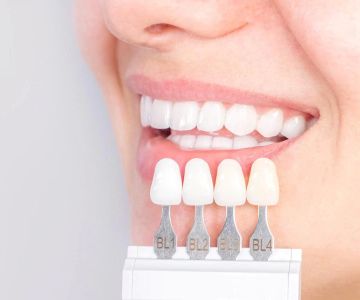

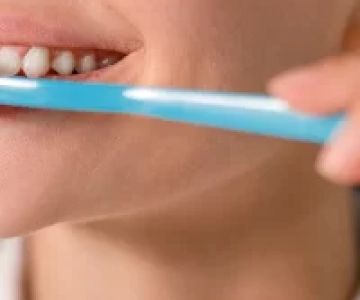
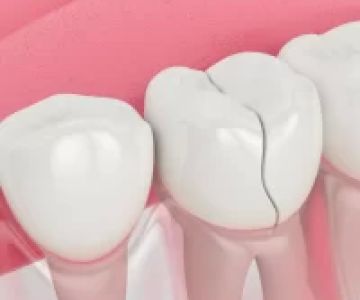
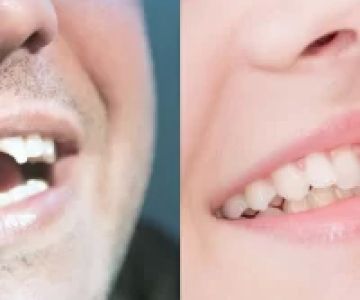
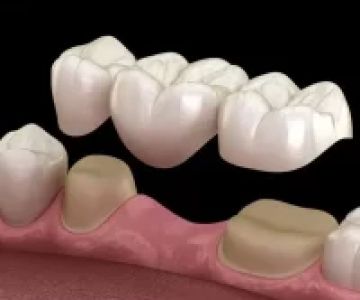
 Harbor Cove Dental5.0 (191 review)
Harbor Cove Dental5.0 (191 review) Palo Alto Oral Health4.0 (18 review)
Palo Alto Oral Health4.0 (18 review) My Orthodontist - Deptford4.0 (555 review)
My Orthodontist - Deptford4.0 (555 review) Rosedale Dental: CJ Jang, DDS4.0 (35 review)
Rosedale Dental: CJ Jang, DDS4.0 (35 review) Sugar Hill Family Dental4.0 (83 review)
Sugar Hill Family Dental4.0 (83 review) The Downtown Dentist5.0 (6 review)
The Downtown Dentist5.0 (6 review) The Importance of Oral Health Education During Pregnancy for a Healthy Pregnancy
The Importance of Oral Health Education During Pregnancy for a Healthy Pregnancy Best Tips for Brushing Your Teeth Properly for Healthy Gums: Essential Techniques for Oral Health
Best Tips for Brushing Your Teeth Properly for Healthy Gums: Essential Techniques for Oral Health Why Skipping Dental Checkups Can Lead to Bigger Oral Health Problems
Why Skipping Dental Checkups Can Lead to Bigger Oral Health Problems Advantages of Porcelain Dental Restorations
Advantages of Porcelain Dental Restorations How Can Diabetes Cause Tooth and Gum Problems? Preventing and Managing Oral Health Issues
How Can Diabetes Cause Tooth and Gum Problems? Preventing and Managing Oral Health Issues Healthy Habits for Promoting Good Oral Health and Hygiene: Tips for a Healthy Smile
Healthy Habits for Promoting Good Oral Health and Hygiene: Tips for a Healthy Smile